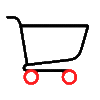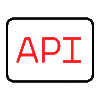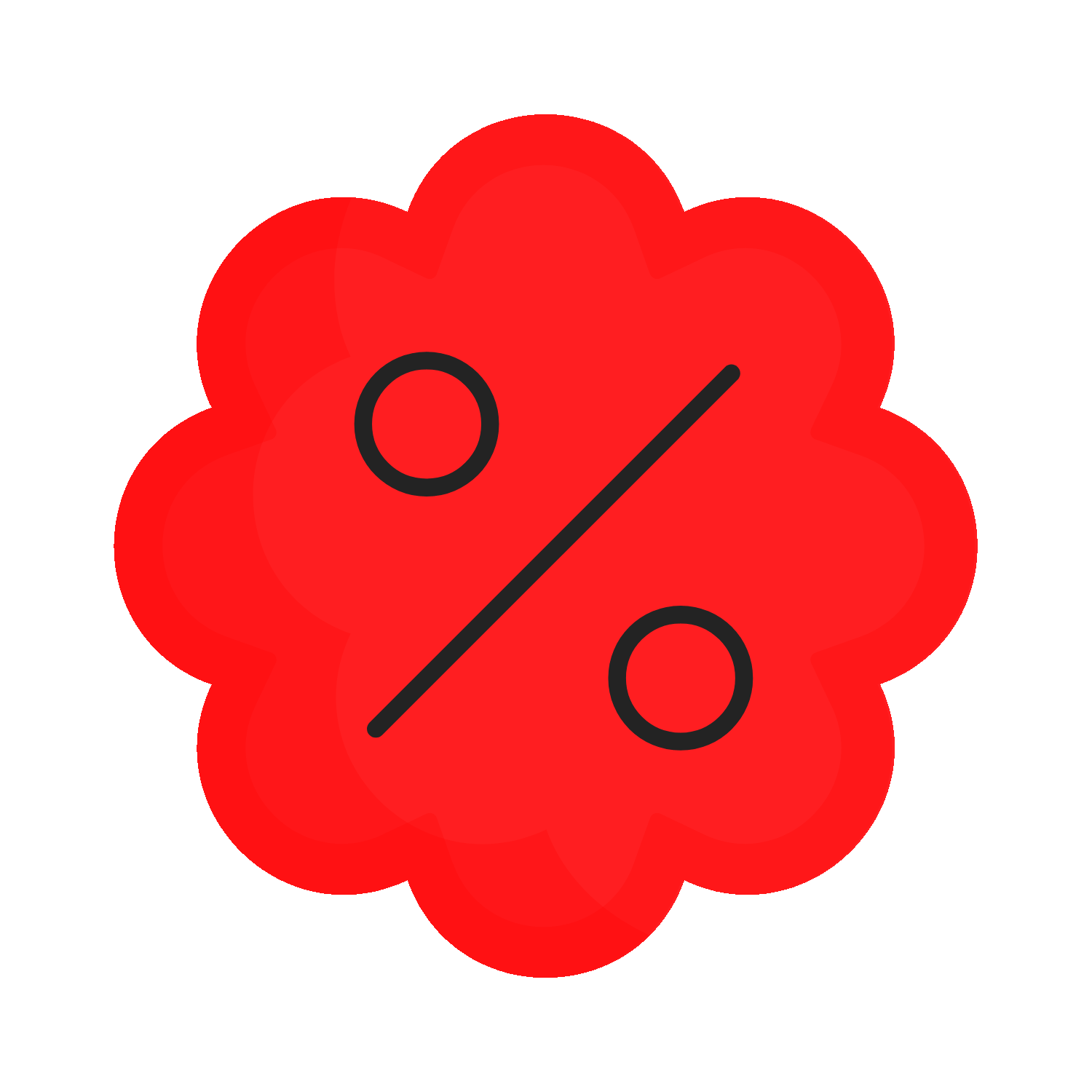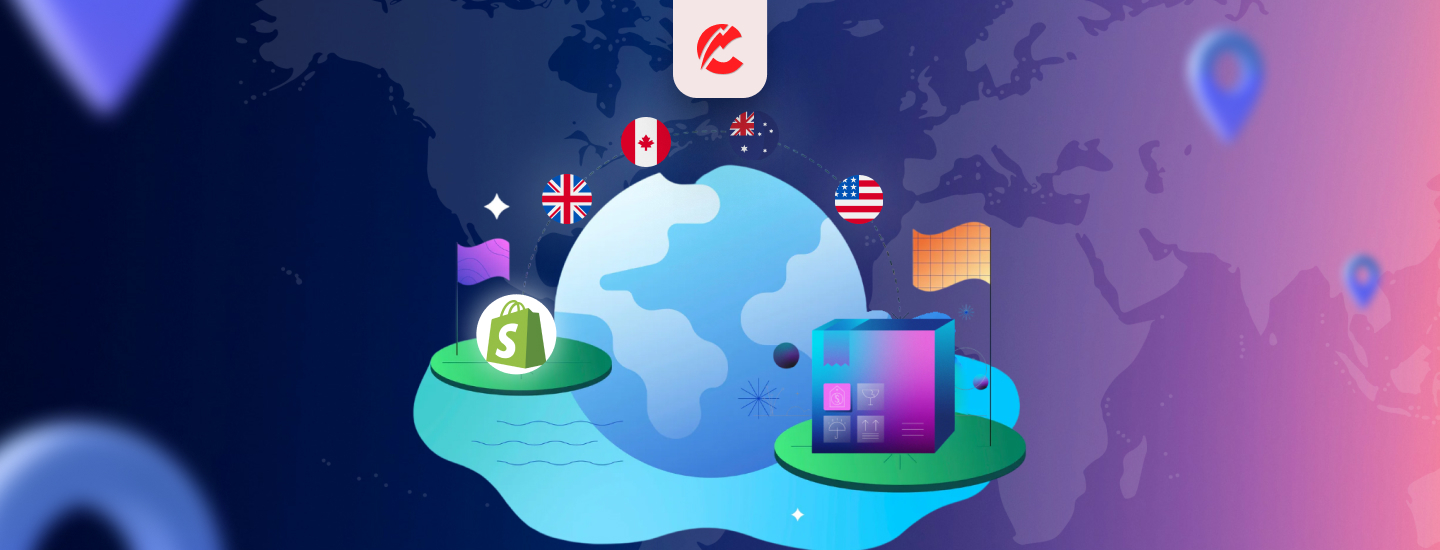Localization is more than translation — it’s personalization for geography, culture, and habits. If you’re selling to English-speaking markets like the US, UK, Canada, and Australia, a one-size-fits-all store isn’t enough.
Here’s how to localize your Shopify store for each region:
1. Use Shopify Markets to Create Localized Experiences
- Set up custom domains (e.g.,
.co.uk,.ca,.com.au) - Localize pricing, shipping, and payment methods
- Use Shopify Markets Pro to automate duties, tax, and fulfilment globally
2. Currency and Price Localization
Enable:
- Auto-conversion of currencies based on visitor IP
- Manual override for fixed pricing in specific regions
- Use apps like BEST Currency Converter or MLV Auto Currency Switcher
3. Language & Spelling Differences
Even in English, local spelling differs:
- US: “Color” vs UK/AU/CA: “Colour”
- CA: Bilingual content for English/French in Quebec Use Langify or Translate & Adapt to set up regional spelling/localization variants.
4. Cultural Messaging & Holidays
- Tailor campaigns to local events: US (4th July), UK (Boxing Day), CA (Victoria Day), AU (Australia Day)
- Adapt visual content to reflect regional weather, values, and trends
5. Product Catalog & Shipping Preferences
- Not all products are legal or in demand in all countries (e.g., supplements, tech)
- Use Shopify Flow or custom tags to control catalog visibility
- Offer region-specific fulfilment SLAs and carriers (e.g., Australia Post, Royal Mail)
Final Thoughts
Localization = trust. When your site speaks the buyer’s language — culturally and functionally — conversion rates rise.
Want to launch a multi-region Shopify storefront? Let CommerceBolt guide you.














